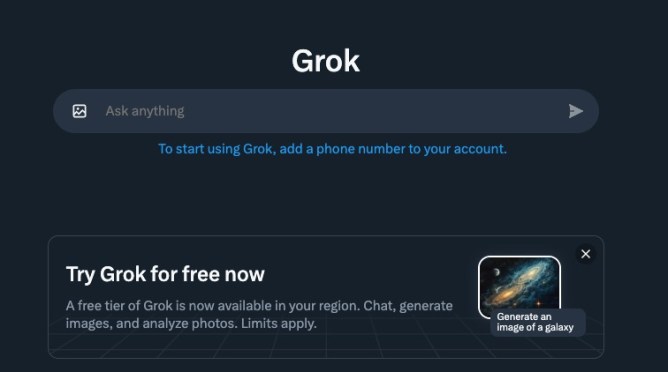As a user of ChatGPT, you may be concerned about the data that is collected and used to train our models. We understand the importance of transparency and control over your personal information. That’s why we’re excited to introduce new features that allow you to manage your data more easily.
Turning Off Chat History
One of the key features we’ve introduced is the ability to turn off chat history in ChatGPT. This means that conversations that are started when chat history is disabled will not be used to train and improve our models, and will not appear in the history sidebar. You can find these controls in ChatGPT’s settings and change them at any time.
Benefits of Turning Off Chat History
Turning off chat history provides several benefits:
- More control over your data: By disabling chat history, you have more control over which conversations are used to train our models.
- Improved security: Conversations that are started when chat history is disabled will not be stored or shared with third parties.
- Enhanced user experience: You’ll have a cleaner and more organized interface, as conversations won’t clutter your history sidebar.
How We Handle Your Data
When chat history is disabled, we will retain new conversations for 30 days and review them only when needed to monitor for abuse, before permanently deleting. This ensures that we maintain the security and integrity of our systems while still providing users with the control they need.
Introducing the Bug Bounty Program
As we continue to develop safe and advanced AI technology, we recognize the importance of collaboration with external experts. That’s why we’re launching a Bug Bounty Program, which invites security researchers to report vulnerabilities, bugs, or security flaws in our systems.
What is the Bug Bounty Program?
The OpenAI Bug Bounty Program is a way for us to acknowledge and reward the valuable insights of security researchers who contribute to keeping our technology and company secure. By participating in this program, you’ll play a crucial role in making our technology safer for everyone.
How to Participate in the Bug Bounty Program
To participate in the Bug Bounty Program, simply report any vulnerabilities or bugs you discover in our systems. We’ll review your findings and provide rewards accordingly. You can find more information about the program on our Bug Bounty Program page.
Our Approach to AI Safety
At OpenAI, we’re committed to developing safe and advanced AI technology. To achieve this goal, we follow a rigorous approach that includes:
- Conducting thorough testing: We test our systems extensively before releasing them publicly.
- Engaging external experts for feedback: We work with external experts to review and improve our models’ behavior.
- Implementing reinforcement learning with human feedback: We use techniques like reinforcement learning with human feedback to improve the model’s behavior.
- Building broad safety and monitoring systems: We create comprehensive safety and monitoring systems to ensure that our technology is secure.
Example: GPT-4
For example, after our latest model, GPT-4, finished training, we spent more than 6 months working across the organization to make it safer and more aligned prior to releasing it publicly. This demonstrates our commitment to rigorous safety evaluations and our dedication to developing technology that is secure, reliable, and trustworthy.
Why Regulation is Needed
We believe that powerful AI systems should be subject to rigorous safety evaluations. That’s why we actively engage with governments on the best form of regulation. By working together, we can ensure that such practices are adopted and that our technology is developed in a safe and responsible manner.
ChatGPT Plugins
In addition to these new features, we’re also excited to introduce ChatGPT plugins. These tools are designed specifically for language models with safety as a core principle. They help ChatGPT access up-to-date information, run computations, or use third-party services.
What are ChatGPT Plugins?
ChatGPT plugins are tools that allow us to interact with external services and systems in a more secure and controlled way. By using these plugins, we can:
- Access up-to-date information: We can retrieve the latest data from external sources, ensuring that our models have access to accurate and relevant information.
- Run computations: We can perform complex computations or calculations using third-party services, enabling us to develop more advanced and sophisticated AI technology.
- Use third-party services: We can integrate with other systems and services to improve the functionality and usability of ChatGPT.
How Do Plugins Work?
Plugins are designed to be flexible and modular, allowing us to add new features and functionality as needed. When a user interacts with a plugin, we’ll review their real-world use, impact, and safety and alignment challenges.
Conclusion
In conclusion, we’re committed to providing users with more control over their data and improving the security of our systems. By introducing these new features, we’re taking significant steps towards achieving this goal. We believe that by working together with external experts and engaging in rigorous safety evaluations, we can develop AI technology that is safe, secure, and trustworthy.



